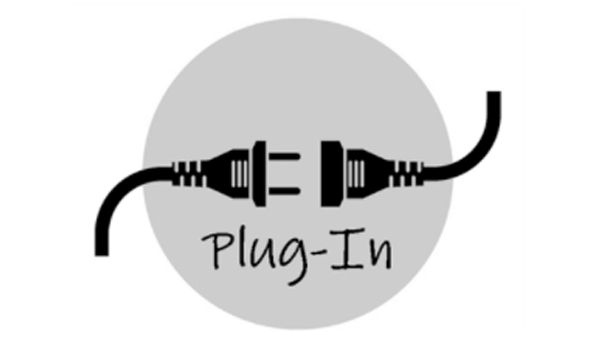
The current COVID-19 Public Health Emergency (PHE) epitomizes the importance for behavioral health professionals and peer support specialists to engage in self-care activities. However, many training and technical assistance (TA) requests from stakeholders focus more on skill-building activities and implementation support than self-care. As such, the Pacific Southwest (Region 9) ATTC, in collaboration with the ATTC Network Coordinating Office (NCO), created a brief PowerPoint presentation on self-care strategies. This presentation can be added to or plugged-in to the beginning, middle, or end of the presentation materials for any training/TA event.
The goal of the Plug-In model is to provide adult learners with useful tips on important topics in a brief format that can be easily added to other training/TA events. As one of the adult learning principles says… “adults are most interested in learning topics that have immediate relevance to their work and/or personal lives” (Center for Excellence in Educational Leadership and the Colorado Association of School Executives, 2013). This Self-Care Plug-In meets this principle. The Self-Care Plug-In may also be used by primary care, mental health, and substance use disorder (SUD) treatment and recovery program staff, namely clinical supervisors and program directors, during staff supervision or in-service sessions.
The Self-Care Plug-In was developed in 2020 by the Pacific Southwest Addiction Technology Transfer Center (Pacific Southwest ATTC) in conjunction with the ATTC Network Coordinating Office. The main developers included Nancy Roget, MS, Joyce Hartje, PhD, and Beth Rutkowski, MPH, with additional guidance and editing support provided by Thomas E. Freese, PhD, and Laurie Krom, MS.
Trainers, TA providers, clinical supervisors, and other program administrators can use all or a few of the slides depending on specific needs of the learners. Each slide contains notes for the presenter to provide guidance, as necessary. References are included for each slide, as are additional resources and additional articles for suggested reading. If you require further information on this topic, please do not hesitate to contact the Pacific Southwest ATTC (http://www.psattc.org). You are free to use these slides and pictures, but please give credit to the Pacific Southwest ATTC and the ATTC NCO.
To view and download the CIP, please visit: